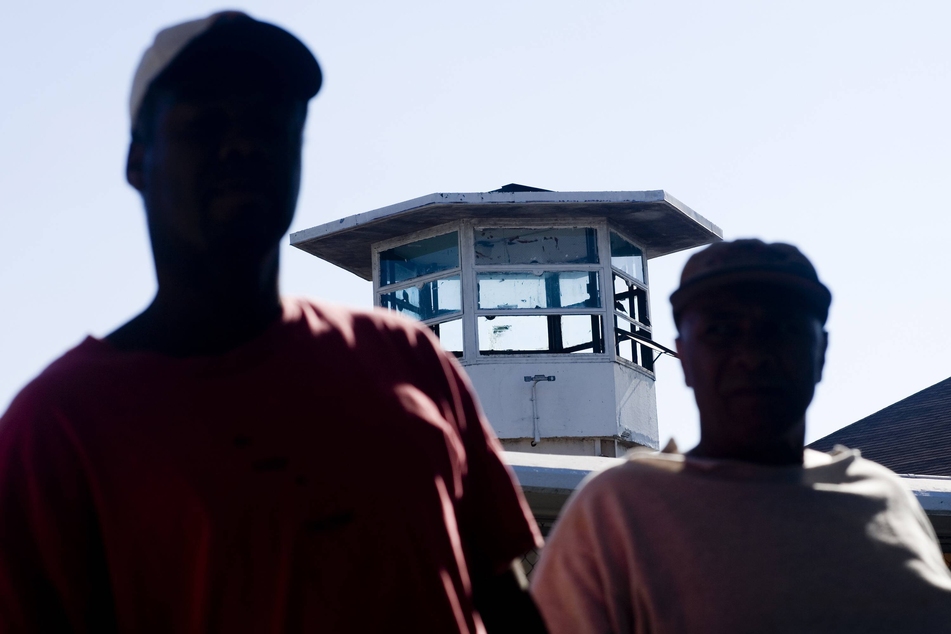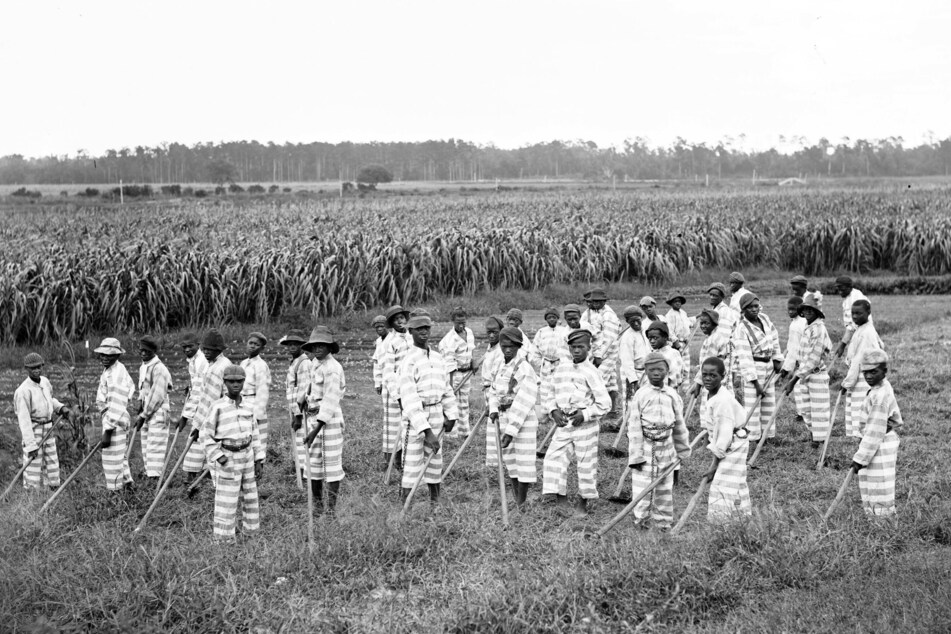Midterms: Voters in four states approve anti-slavery ballot measures
Nashville, Tennessee - During Tuesday's elections, voters in several US states decided to amend their constitutions to end slavery and involuntary servitude, even as punishment for a crime.

Forced prison labor is included in many state constitutions – and the US Constitution's 13th Amendment – as an exception to the federal law that ended chattel slavery in 1865. The 2022 midterms allowed voters in Tennessee, Vermont, Alabama, Oregon, and Louisiana to close that loophole in their states.
In Tennessee, more than 79% of voters cast their ballots in favor of Amendment 3, which will nix a language in the state constitution that allows slavery as punishment for a crime.
Vermonters also took a stand against forced prison labor by passing Proposal 2 to end "slavery and indentured servitude in any form." The measure garnered more than 89% of the vote.
In the Deep South, voters passed the Alabama Recompiled Constitution Ratification Question, which included removing language allowing forced labor as punishment for a crime, with over 76% of ballots cast in favor.
Meanwhile, in the Pacific Northwest, Oregon voters approved Measure 112 with more than 54% of the vote, signaling their support for ending slavery in prisons.
Racial justice advocates celebrated the four state victories, but the news out of the midterms wasn't entirely positive. A similar measure in Louisiana, known as Amendment 7, was rejected with over 60% of the vote. Louisiana has the highest incarceration rate of any US state.
The racist roots of forced prison labor

The widespread practice of forcing incarcerated people in the US to work without compensation has deep racist roots.
After chattel slavery ended in 1865, the US made exceptions to the ban on involuntary servitude for imprisoned people. The Black Codes, predatory vagrancy laws, and convict leasing paved the way for law enforcement officers to round up free Black people on dubious charges and feed them into the carceral system. That meant that for many Black people, life before and after Emancipation wasn't all that different.
To this day, the US prison population remains overwhelmingly Black and brown thanks to baked-in injustices in the "criminal justice system." According to the Prison Policy Initiative, Black Americans account for over 38% of the US prison population, despite making up just 13% of the country's overall population.
Approximately one in every five imprisoned people in the world is incarcerated on US soil. That means that Black Americans make up an astounding chunk of the global prison population.
Cover photo: IMAGO / ZUMA Wire
